Book-to-film adaptations can be contentious, and especially if you feel a lot of affection for the original story. Here, our work experience student Danielle Roche reflects on what makes a good adaptation work, and shares five of her favourites.
Whenever a new trailer for an upcoming film that’s based on a book I’ve read is released, I always feel a rush of excitement in the lead up, waiting to see a novel I’ve loved on the big screen. Yet most of the time, unfortunately, these movie and TV adaptations disappoint my expectations – how could anything compare to the brilliance of the book I loved so much?
A good film adaptation does not necessarily need to be a word-for-word recounting of the book, but one that is well made, sufficiently uses the book as a basis for the plot, and depicts recognisable characters. If, like me, you wish to avoid this rollercoaster of anticipation and disappointment, here are my top 5 recommendations of movie adaptations of books that I found definitively un-disappointing, to say the least.
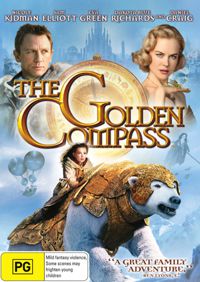
The Golden Compass (based on Northern Lights by Philip Pullman)
The Golden Compass is an adaptation of Northern Lights, the first book in the His Dark Materials trilogy by Philip Pullman. The film stars well-known actors – Eva Green, Daniel Craig, Nicole Kidman and Freddie Highmore – and is aimed at children but the quality of acting is so high that it is still very enjoyable for an older audience. The film ends differently to the first book, but only because it was clearly left open for the sequel that, disappointingly, never came out.
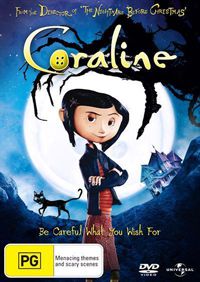
Coraline (based on the children’s book by Neil Gaiman)
Though listed as a children’s movie, this film is very, very dark. The style might remind some of Tim Burton’s, yet he wasn’t involved in the film. The book is rather surreal, with a constant ominous and sinister atmosphere. The stop-motion and cinematography is done beautifully to represent the mood of the story. The narrative follows Coraline who is unhappy with her dull life in her new apartment, seemingly disconnected from anything else. She discovers a portal to a fantastical world where everything is better – including her ‘other mother’, who seems to be in charge of everything there.
The unnerving feature of this world as it is depicted in the film is that everybody has buttons for eyes. Coraline is entranced by the wonders this magical place presents to her, but she soon discovers that anything this extraordinary is absolutely far too good to be true.
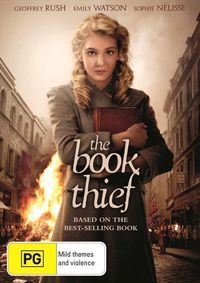
The Book Thief (based on the novel by Markus Zusak)
This book is a relatively big read. It goes into a lot of detail on the life of Liesel, following her as she grows up in Germany during World War II. One of the beautiful aspects about it is how it illustrates the way Liesel learns to understand and use words. Though, just like all movie adaptations, there are a few scenes from the book missing. Whilst the key themes are addressed, in the film some aspects are slightly watered down, which actually makes some of the more brutal aspects bearable. The film is quite moving with some great acting.
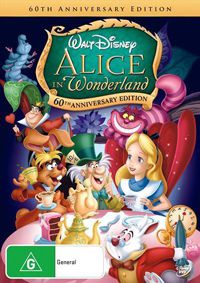
Alice in Wonderland (based on Alice’s Adventures in Wonderland and Alice Through the Looking Glass by Lewis Carroll)
A fun fact that most people who haven’t read Alice’s Adventures in Wonderland don’t know is that the Queen of Hearts, famous from the film version, is actually not in this book at all. She only appears in the follow-up, Alice Through the Looking Glass.
The book seems to be more like a series of bizarre events, rather than a story following a plot. Lewis Carroll was heavily under the influence of all sorts of substances whilst writing this, and it definitely shows! Not everything makes sense and evidently took a special kind of imagination to come up with. The 1951 animated film combines stories and events of at least the first two primary books of the series by Lewis Carroll. It is psychedelic, creative and imaginative.
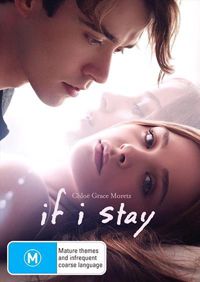
If I Stay (based on the young adult novel by Gayle Forman)
Now this is a rare case where the movie is far better than the book. It’s a relatively short novel, simple, but with some nice ideas about life, music, and choice. The movie beautifully romanticises the main character’s relationship with and extreme love for the cello. It follows her through some tragic experiences and hard decisions, including the toughest one of her life.


